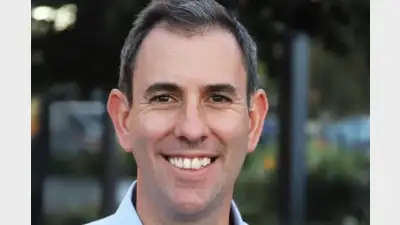Budget welcomed by super industry
The Federal Budget has received an overwhelming positive response from the key organisations representing the Australian superannuation industry.
Both the Association of Superannuation Funds of Australia (ASFA) and the Investment and Financial Services Association (IFSA) were fulsome in their praise of the Budget, despite the fact it had not delivered on one of their key requests — the abolition of the 15 per cent superannuation contributions tax.
ASFA said the superannuation plan outlined by Treasurer Peter Costello had the potential to “sweep away some of the frustrating complexity of Australia’s superannuation system”.
ASFA chief executive Philippa Smith said the removal of the end benefits tax, the introduction of a flat $50,000 aged-based contribution limit for under 49-year-olds, and one set of rules for super pension payments represented a surprise package on the part of the Government.
“While we still need to crunch the numbers, these changes could make a significant difference to the adequacy of super in the long-term,” Smith said.
The chief executive of IFSA, Richard Gilbert, welcomed the Budget as giving Australians greater opportunities to save for their retirement.
“The effective removal of end benefits tax and tax on super pensions is a major step toward the simplification of an overly complex superannuation regime,” he said. “Similarly, the abolition of RBLs and age based limits also represents an important positive step for superannuation.”
Recommended for you
Australian super funds have posted early gains in FY26, driven by strong share market performance and resilient long-term returns.
Following the roundtable, the Treasurer said the government plans to review the superannuation performance test, stressing that the review does not signal its abolition.
The Australian Prudential Regulation Authority (APRA) has placed superannuation front and centre in its 2025-26 corporate plan, signalling a period of intensified scrutiny over fund expenditure, governance and member outcomes.
Australian Retirement Trust (ART) has become a substantial shareholder in Tabcorp, taking a stake of just over 5 per cent in the gaming and wagering company.











